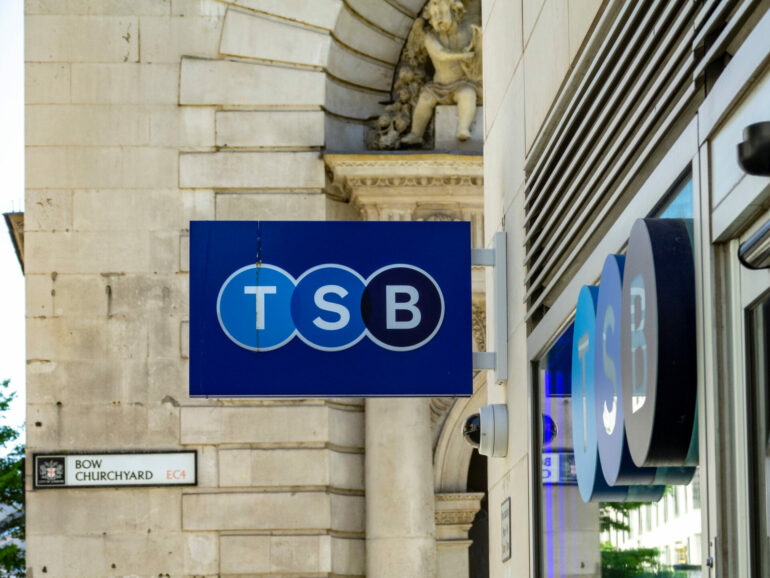Banking heavyweight TSB is pausing its new build lending at 90% loan-to-value (LTV) while reducing the maximum loan-to-income (LTI) multiples for self-employed applicants.
It is also increasing its stress rate for background buy-to-let mortgages from 5.5% to 7.0%.
Jamie Lennox, director at Dimora Mortgages, said the move was a strong indicator of how lenders view the outlook for the sector.
He said: “These changes are a clear signal to the industry that there are concerns about house prices dropping and the real risk of negative equity.
“With new builds typically costing a premium, there is a greater risk to the bank if they have to repossess the property that the “new property premium” is lost and results in it being worth less money on the resale market.”
Justin Moy, managing director at EHF Mortgages, agreed adding that other lenders are likely to follow suit.
“Mortgage lenders will inevitably look to reduce their new build lending to those with small deposits, given the expected property price trends for the next 12/18 months”, said Moy. “More emphasis on lower loan-to-value remortgage business, and product transfers, would be easier for the lender to manage in the short-term.
“This is disappointing for many first-time buyers, but with the higher rates already in place, many would have aborted their plans to move for the time being anyway.”
Gary Boakes, director at Verve Financial, was also left unsurprised by the change: “With the majority of new build houses sold at a premium, it is not a surprise that lenders are taking precautions against what will inevitably be negative equity.
“Lenders are already pulling 2-year deals at 95%LTV, which just goes to show that lenders are worried about the expected pricing drops.”
In terms of the LTI reduction Graham Cox, director at Self Employed Mortgage Hub, said the move from TSB just aligns it with other lenders.
“The reduction in the maximum loan-to-income (LTI) multiple for self-employed applicants brings the TSB in line with the vast majority of lenders”, Cox said.
“Very few offer more than 4.5 times income, and then usually only to higher earners. So it’s not hugely significant in the grand scheme of things. Nevertheless, this announcement shows how lenders are becoming more cautious.”
But Austyn Johnson, founder at Mortgages For Actors, said lenders needed to do more to understand the situation of self-employed applicants rather than restrict their access to borrowing.
He said: “Surprise surprise, the self-employed are being penalised again. “Wouldn’t it be easier just to take some time to understand a person’s situation better?
“Self-employed people are more of a secure bet as long as they are still trading successfully.
And Amit Patel, adviser at Trinity Finance, agreed: “Self-employed borrowers, it appears, have been dealt another hammer blow with this decision. They are the backbone of the economy and lenders need to do more to help them.”




